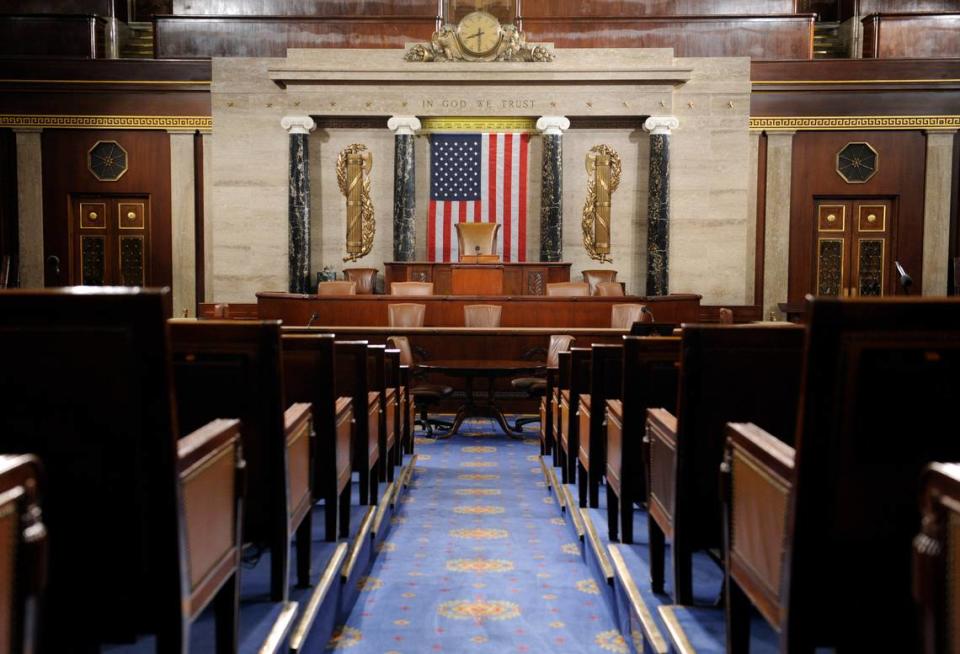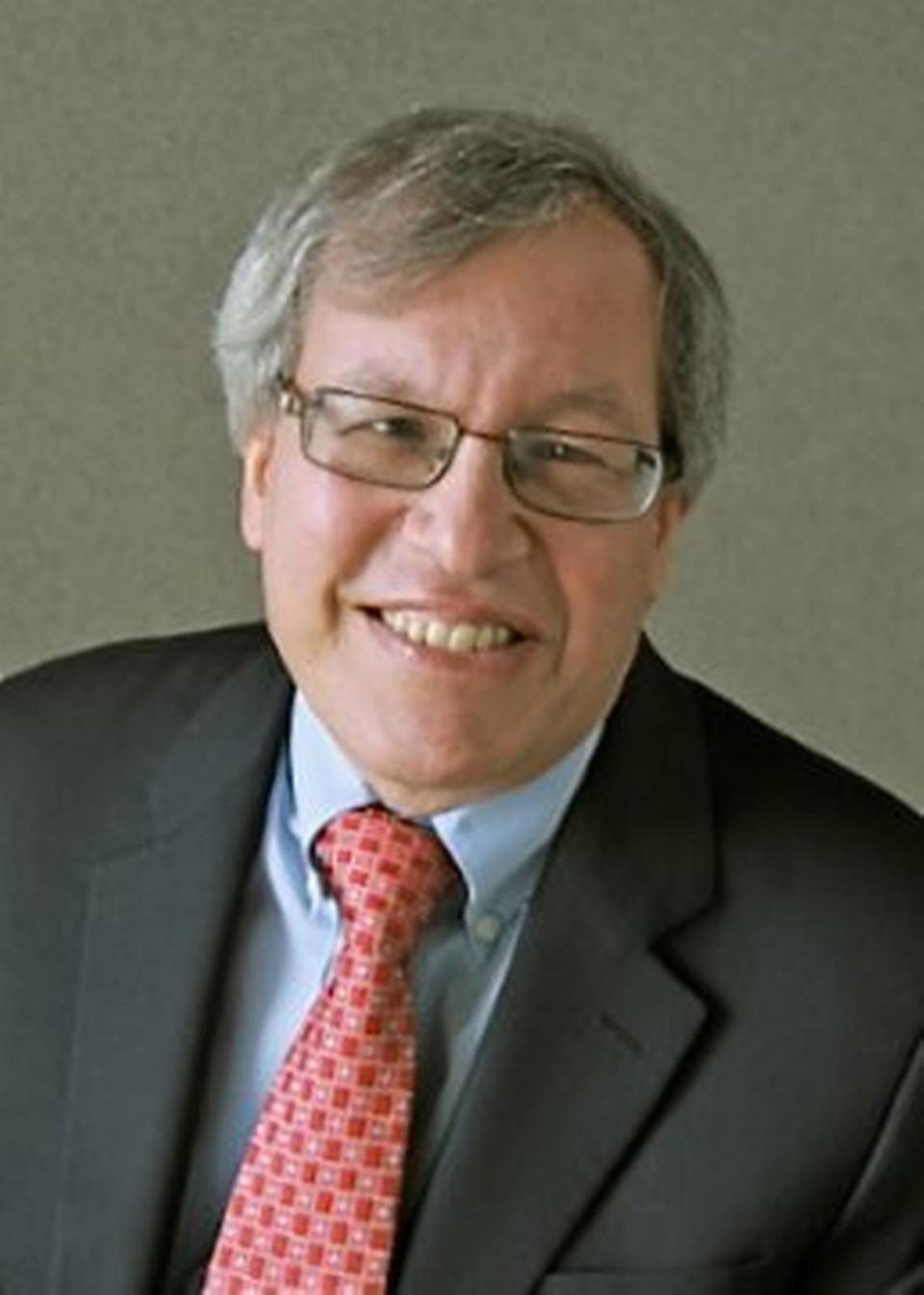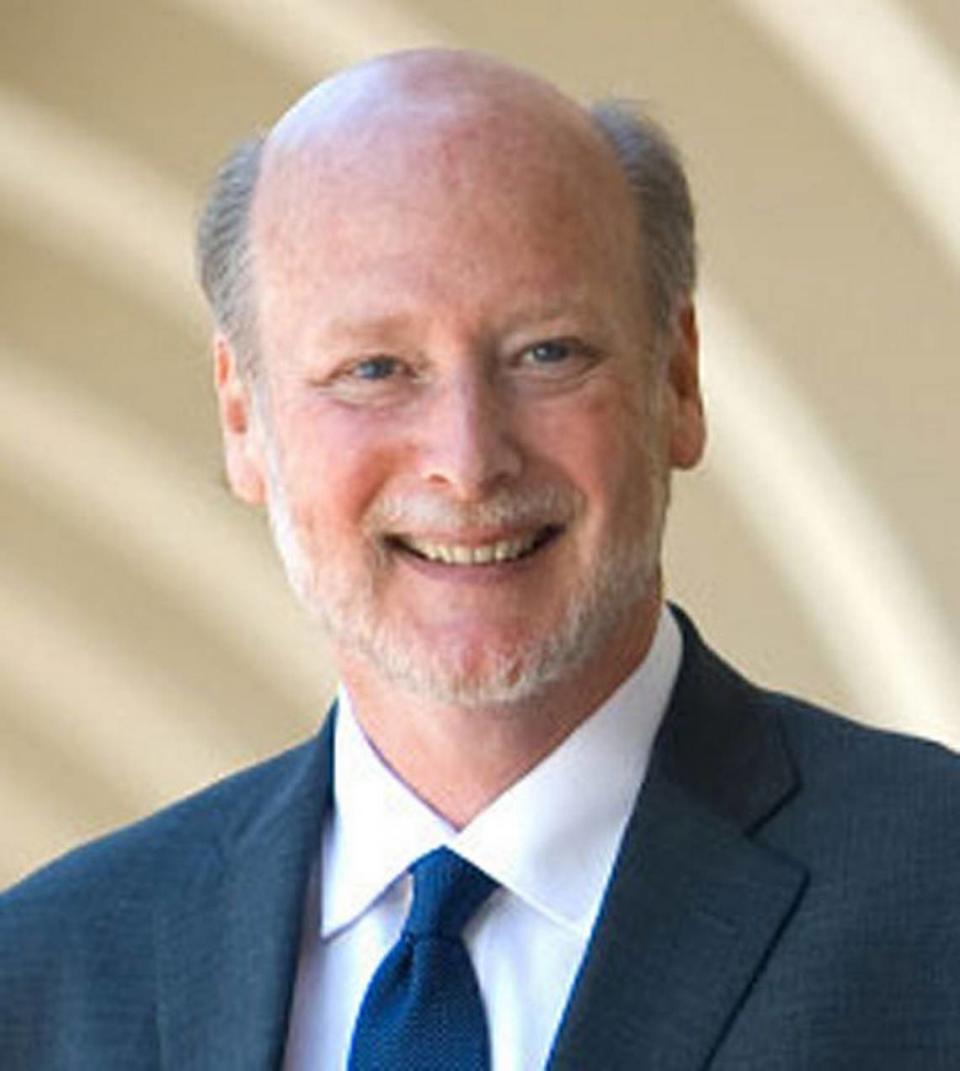Federal attempt to combat anti-Semitism puts universities in an untenable position | Opinion
When universities protect the right of students to engage in constitutionally protected speech, they should not face liability for violating federal anti-discrimination law.
Unfortunately, the recent and laudable efforts by Secretary of Education Miguel Cardona and Assistant Secretary of Education Catherine Lhamon to combat anti-Semitism and Islamophobia on campuses run the risk of placing universities in the untenable position of having to violate either free speech principles or anti-discrimination principles.
We applaud the efforts of the Department of Education to require that campuses deal with anti-Semitism and Islamophobia after a recent uptick in incidents following the Hamas terrorist attack in Israel on Oct. 7. In response, Cardona and Lhamon have issued statements saying schools that fail to adequately deal with these incidents can be deemed in violation of Title VI of the 1964 Civil Rights Act, which provides that recipients of federal funds cannot discriminate on the basis of race or ethnicity.
Opinion
We have no quarrel with the proposition that campuses have a duty to act when there is speech that constitutes discriminatory harassment within the meaning of federal law. The official standard promulgated by the Education Department is that campuses must respond when the speech “is subjectively and objectively offensive and is so severe or pervasive that it limits or denies a person’s ability to participate in or benefit from the recipient’s educational program or activity.”
The problem is that universities have been advised in briefings by the Department of Education that protected speech, including speech that would not meet the definition of harassment, can create a hostile environment that universities are obligated to address.
This puts universities in a very difficult position as the entire point of a university education is to protect the expression of all ideas and prepare students to encounter — and, if necessary, rebut — those ideas.
The Education Department has previously said that protected speech that expresses “persistent and pervasive derogatory opinions about a particular ethnic group” could impose legal obligations on universities to respond. But the elaboration of that position in the current context highlights the challenges of imposing liabilities on universities for defending protected speech.
Universities have been advised that statements from protesters such as “From the river to the sea, Palestine will be free” — which are clearly constitutionally protected — likely create a hostile environment for Jewish students which undermines their equal opportunity to an education, thus requiring investigations and mitigation efforts. But this is speech protected by the First Amendment, and we know that some Muslim, Arab and Palestinian students similarly feel threatened by protesters who chant “We stand with Israel.” Do they also require investigations and mitigation efforts?
It is easy to imagine endless other examples of students complaining about a hostile environment as a result of being exposed to protected speech. What should universities do when conservative Christians complain that pro-abortion or pro-trans rights advocates create a hostile environment for them? Or, conversely, when LGBTQ+ individuals and allies say conservative Christian activists create the same situation for them?
The Department of Education has made it clear that universities should not attempt to censor or punish constitutionally protected speech. Instead, they should take additional steps, including speaking out against certain viewpoints or reaching out to those who are saying controversial things to discuss the impact they are having on other members of the academic community. But how do universities determine which constitutionally protected speech should be publicly denounced and which should not?
Requirements for responding to constitutionally protected speech resemble a strategy adopted in the last decade by a number of campuses to deal with complaints of bias, which was to create “bias response teams” that would reach out to students who complained about disagreeable expression as well as students who engaged in that expression. Even though these teams did not impose any sanctions on student speakers, these efforts have been challenged and several federal circuit courts of appeal have held that these practices violate the First Amendment by chilling free speech, forcing universities to dismantle these teams as a result.
In light of these decisions, the Education Department’s requirements seem to mandate that universities act in ways that have already been ruled unconstitutional. This is not a tenable position for universities.
Campuses must be places where all students are free from unprotected harassment, threats, incitements and other actions that severely or pervasively target them on the basis of their race, ethnicity and other protected characteristics. But campuses should not face serious federal legal liability when the speech or conduct being complained about is constitutionally protected.
The Department of Education should make it clear that, on college campuses, a discriminatory educational environment cannot be created merely through exposure to objectionable ideas and speech that is protected by the First Amendment.
Erwin Chemerinsky is dean of the UC Berkeley School of Law. Howard Gillman is chancellor of UC Irvine and a law professor.



